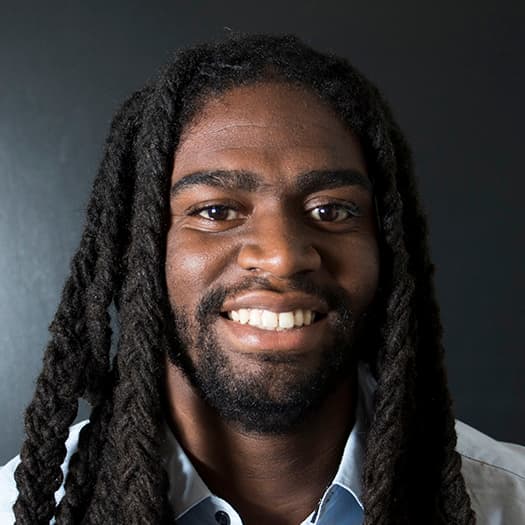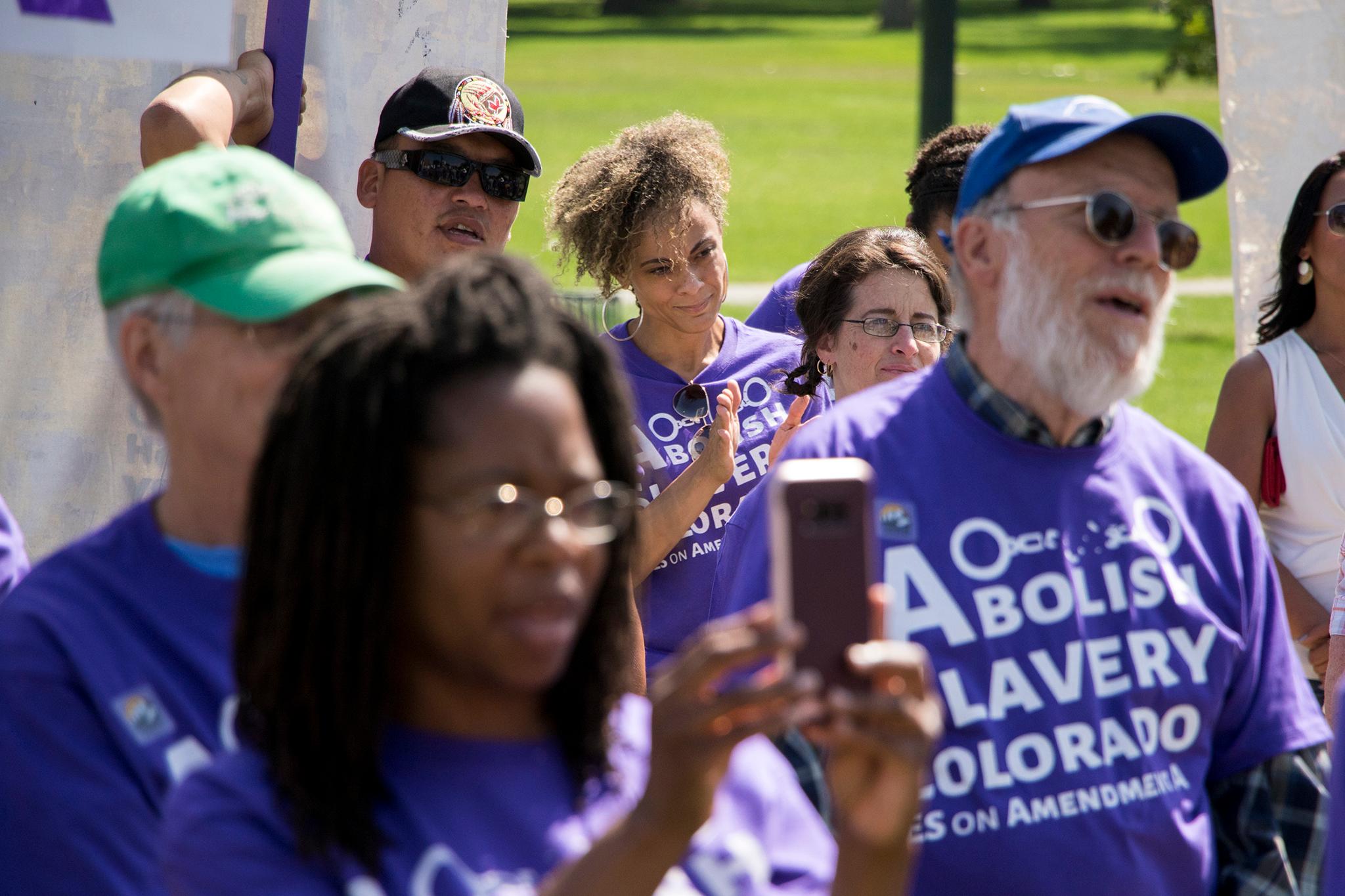Update, Nov. 26: Epps was scheduled to begin serving her 90-day sentence today, but that has been pushed back as the Colorado Supreme Court has not yet made a decision about whether or not to weigh in on the case. Previously, Epps and her legal team filed a writ of certiorari, better known as a cert petition, which asks the state Supreme Court to review the decisions made by judges at the lower levels of the state's judicial system. This story will continue to get updated as it unfolds.
Update, September 21: An extension granted by the Colorado Supreme Court has kept anti-jail activist Elisabeth Epps out of jail, at least until November 26. After a several-month battle over whether or not Epps qualified for the assistance of a public defender, she was granted one. The Supreme Court essentially ruled that the lawyer need several months to be caught up in the case before she could adequately represent Epps and that is the reason for the delay.
As of now the sentence still stands, and without an intervention from the governor's office or the Colorado Supreme Court, Epps is set to serve her 90-day sentence starting on November 26.
Earlier: After spending a couple of hours in jail, Elisabeth Epps was released and given an extension to file a writ of certiorari by the Colorado Supreme Court. Better known as a cert petition, it essentially gives a person the ability to state their reasons for why the Colorado Supreme Court should consider their case for review.
Epps has to turn in the petition by September 20 and is due back to court on the 21st to begin serving her sentence again.
She'd been convicted of obstructing a peace officer (and has recently posted a video of the incident in question).
University of Denver law professor Nancy Leong said the extension is not a useful way to tell in and of itself to know if the Supreme Court is any more or less likely to pick up this case, and that the court tends to look at cases that will set a precedent for the future. A bigger wild card might be Gov. John Hickenlooper.
"Gov. Hickenlooper has absolute power to commute a sentence, to reduce a sentence to time served, or say somebody doesn't have to serve their sentence at all," Leong said. "The governor tends to get involved when there's a lot of public interest in the case."
Hickenlooper's office said they can't comment on the matter at this time as it is a pending situation.
Leong said that the complicated nature of the process highlights Epps' work as an activist.
"This may work better as an effort to draw attention to her cause, to all the problems of the bail system, which has resonated with a lot of people and I'm one of them," Leong said.
Since being released from jail, Epps has been focused on preparing her petition for the Supreme Court as well as continuing to bail people out of jail, including attempting to bail out one of the women she shared a cell with while she was in jail.
Although frustrated, Epps said she hopes that working within the legal system will show off its virtues.
"I really do want to give the system a chance to work the way it's supposed to," she said. "I exist within the system, so for me when I think about a pardon, I truly believe in trying to give a system the chance to do the right things because Judge Shawn Day in Aurora is not God, he's not the final word."
She said she believes Day was trying to punish her for being an activist, which she believes was evidenced in the tone of his sentencing lecture back in 2015.
"There's nothing that I can say or that I can do with my sentence that will have any effect on Ms. Epps," Day said then. "She's already set her views in concrete. It's clear to me not only by what I saw on the video but even her conduct her in court today and for the last two days of trial of her utter contempt for this court, for the rule of law. There's nothing that I can say that will change that. There may be something that I can do, though, with my sentence."
Epps plans to file her petition with the Supreme Court before the September 20 deadline.
"I think a 90-day sentence is absolutely absurd," she said. "The judge made it absolutely clear it's because I'm an activist. We shouldn't have judges sentencing people to jail to try to fix their views."














